LEBOKU THE YAM FESTIVAL OF UGEP

Every year in August, the people of Ugep, in Yakurr Local Government Area of Cross River State, Nigeria, come alive with the colours, rhythms, and traditions of Leboku which is a three weeks long grand yam festival that unites the community and attracts visitors from across the world.
As an Ugep indigene, Clinton Ekoh, once put it,
“Leboku is to me, what the feast of Passover is to the Jews.”
Most Ugep indigenes agree with this sentiment. While many attend Leboku for the entertainment, the heart of the celebration runs much deeper—it’s about fulfilling a spiritual obligation, preserving cultural heritage, and strengthening a union that generations will continue to uphold.
The Ugep Leboku is particularly famous for showcasing the rich cultural heritage of the Yakurr people. Tourists, traditionalists, and non-indigenes travel from near and far to participate. The festival is always a burst of energy, featuring activities such as wrestling matches, football competitions, traditional dances, masquerade parades, ancestral dishes exploration, and the iconic Mr & Miss Leboku pageant.
THE FULL BREAKDOWN OF LEBOKU ACTIVITIES
Below is a detailed journey through the events of unmissabe experiences that make Leboku
The Umor-Otutu Leboku, otherwise known as the Ugep New Yam Festival, is one of the most vibrant and culturally significant celebrations in Yakurr land, marking the end of the farming season and the beginning of a new harvest year. It usually opens with Etikekomi, a symbolic visitation to farm roads by the Obol Leboku and his entourage, where they are warmly received with palm wine and sundry gifts from farmers and well-wishers. This is followed by Leboku Kepili, which features spirited male and female wrestling matches alongside a male football competition, fostering unity, athleticism, and community pride.
Afterwards comes Kipoli, a call for a town hall meeting by the Obol Lopon of Ugep, often held in the open to welcome everyone into the festival atmosphere, share updates on current happenings, and outline preceding Leboku activities. The town then engages in a large-scale environmental sanitation exercise, ensuring the community is clean and ready for the festivities ahead.
Yet, at its core, Leboku is a thanksgiving event to Obase-Ubulukpabi, the supreme deity of the land. The festival opens with Ikobase Lebokwa, a thanksgiving service led by the Obol Lopon in council to seek peace, blessings, and a successful festival. This is followed by Ebokupom, the traditional opening of supplications and appeasements, accompanied by the symbolic breaking of firewood by the Obol Lopon. Next comes Mblemi, a day when farmers return with freshly harvested yams for public exhibition at the town square. On this day, Ekoi drums are dried in readiness for upcoming performances, gift exchanges between friends and family take place, and a symbolic midnight fire known as Okondael is lit to usher in warmth and unity.
The following day is Janen-Boku (Women’s Day), dedicated to celebrating the girl child. Parents, family, and friends shower daughters with gifts and blessings, while various activities take place, including visits to tourist sites, traditional dances, and colourful carnival troupe displays. The highlight of the night is the glamorous Mr & Miss Leboku contest, showcasing beauty, talent, and cultural pride.
Next is Ledom-Boku (Men’s Day), set aside to celebrate male children and fathers. Gifts and blessings are poured on the menfolk, and the day features the spectacular Entangala Carnival Outing with the Obol Entangala and Etangala masquerade display, beating of the Ekoi drums, fireworks, and cannon blasts. The famous Ekoi dance by Yabol (chiefs) and maidens is performed, along with the parade of maidens, green leaf bearers (Ekoi Kangha), and the winners of the Mr & Miss Leboku contest.
The celebrations reach their official climax with the Lakurr-Boku, the Ugep International New Yam Festival, where the Obol Lopon hosts neighbouring communities, kings, and dignitaries at the Ugep Stadium in a grand display of unity and heritage. This is followed by Yekpi/Lobol, where young lads uproot trees in a demonstration of strength, and processions of maidens, young men, and pageant winners visit homes, displaying the beauty and rich cultural identity of the Ugep people.
The festival concludes with Nponfawa, a final appeasement rite accompanied by the Odele Dance, in which trumpeters and drummers parade through the community. This closing ceremony symbolically ushers in a peaceful new planting season, leaving the people of Ugep united, blessed, and ready for another year of fruitful harvests.
A QUICK SHORT SUMMARY OF THE LEBOKU ACTIVITIES
Etikekomi – The Symbolic Farm Road Visit
The festival begins with the Obol Lopon (paramount ruler) and his entourage visiting farm roads. They are warmly received with palm wine and gifts from farmers, symbolizing gratitude for a bountiful harvest.
Leboku Kepili – Wrestling & Football
This stage features spirited male and female wrestling matches (Kepu) and competitive male football games, promoting community pride and togetherness.
Kipoli – Town Hall Gathering
The Obol Lopon calls for a public meeting to welcome all, share community updates, and prepare for the main Leboku activities. A large-scale environmental sanitation follows, cleaning the entire community.
Ikobase Lebokwa – Thanksgiving Service
A church service led by the Obol Lopon seeks peace, blessings, and protection for the community during the festival.
Ebokupom – Opening Supplications & Firewood Breaking
A sacred ritual where the Obol Lopon breaks firewood, symbolizing readiness for the Okodél (Sacred Bonfire Night). Only those directly involved in the ritual may be outside.
Mblemi – Return of the Farmers
Farmers proudly display newly harvested yams in the town square. Ekoi drums are dried in preparation for upcoming dances. Friends and family exchange gifts, while Okondael (midnight fire) is lit to usher warmth and unity.
Janen-Boku – Women’s Day
Dedicated to celebrating women and the girl child, this day includes:
- Gift presentations
- Visits to tourist sites
Ledom-Boku – Men’s Day
Celebrates male children and fathers with blessings and gifts. Highlights include:
- Ekoi drum beats and fireworks
- The famous Ekoi Dance performed by chiefs and maidens
Lakurr-Boku – The Grand Ugep International New Yam Festival
Held at the Ugep Peace Stadium, this is the peak of Leboku. It welcomes kings, dignitaries, and neighbouring communities in a showcase of unity and heritage.
Yekpi / Lobol – Strength & Beauty Parade
Young lads uproot trees to demonstrate strength, while maidens and pageant winners parade through the community.
Ebonfawa – Cleansing of the Land (Final Rite)
This last activity purifies the land after all festivities.
- The paramount ruler dances around the four wards of Yakurr with all matrilineal chiefs.
- The Binah Chiefs, right-hand men to the Obol Lopon, join the procession.
- Different women’s groups like the Obin Women, Ekeledi Women, and Ebgizum people of Ikpakapit Ward display traditional dances.
- This ceremony symbolizes a spiritual reset for the new planting season.
- Traditional dances and colourful carnival parades
Symbolic Breaking of Firewood by the Obol Lopon (the king).
Mblemi, when farmers return to the town square with new yams
Okendel - Midnight Fire watch which marks the welcoming of the festival.
The glamorous Mr & Miss Leboku Contest
Etangala Masquerade Parade brings even more excitement, with cultural dances, fireworks, and Ekoi drum performances.
Haa Lobo, an activity filled with chants of gratitude, prayers for healing, and blessings for prosperity.
The festival culminates with the Ugep International New Yam Festival Day, when awards and gifts are given by the state government to winners of various contests. It closes with the Mponfawa (final appeasement) and the Odele dance, a celebration filled with trumpeters, drummers, and traditional dancers.
FOOD & FLAVOURS OF LEBOKU
Leboku isn’t complete without traditional Yakurr delicacies:
- Akara Kebojen: A Cassava dish of mini cassava cakes with a special bean sauce
- Yedembong – a highly celebrated local meal of Afang leaves and a special pepper sauce with extras like garden eggs, fish, bitter kolas and cow skin or kpomo
WHY LEBOKU MATTERS
Beyond its entertainment value, Leboku is a cultural pillar—an identity, a prayer, and a gathering of unity for the Yakurr people and the Ugep village which happens to be the largest village in West Africa. It’s a living heritage that has survived centuries and continues to thrive.
P.S. For those who can’t make the journey to Ugep, there’s good news—Leboku is also celebrated in Abuja! In this article, we’ll take you through how the spirit of Leboku is brought to the nation’s capital of Nigeria.
🎥 Experience Leboku in Motion
Words can only do so much—watch the full vibrance of Leboku on:
Related Articles
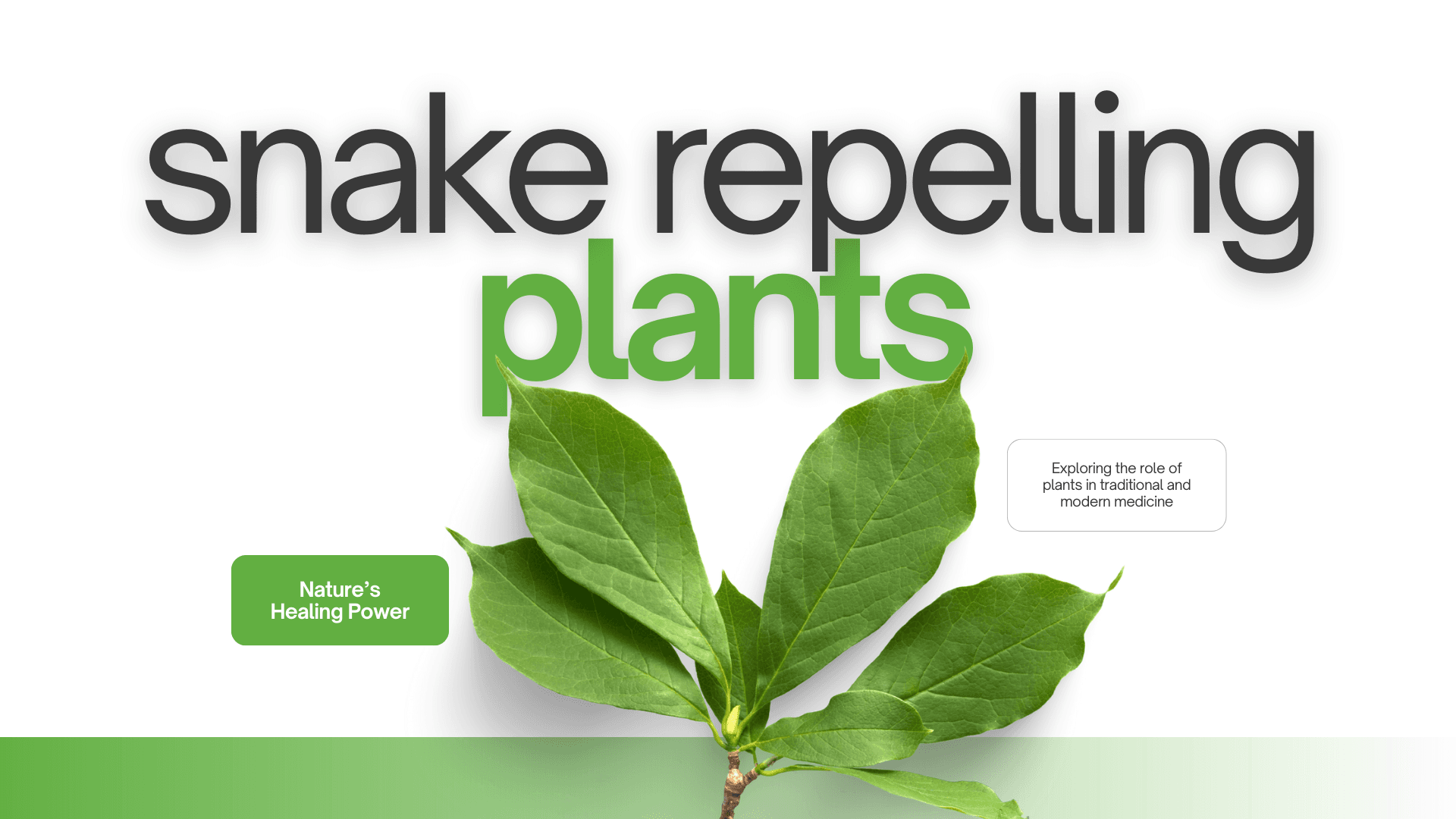
Plants That Repel and Attracts Snakes
Some plants may discourage snakes from settling in an area due to: Strong or irritating smells Uncomfortable textures The ability to repel pests that snakes feed on (rats, frogs, lizards)
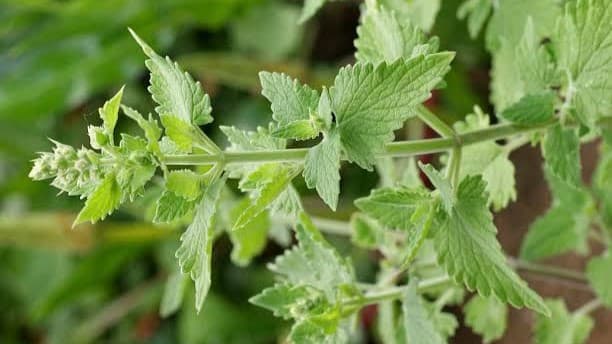
Say Goodbye to Expensive Mosquito Sprays — Try Catnip Instead
Catnip can repel mosquitoes up to 10x better than chemical sprays. Discover how this simple, pleasant-smelling plant protects your home naturally and affordably.
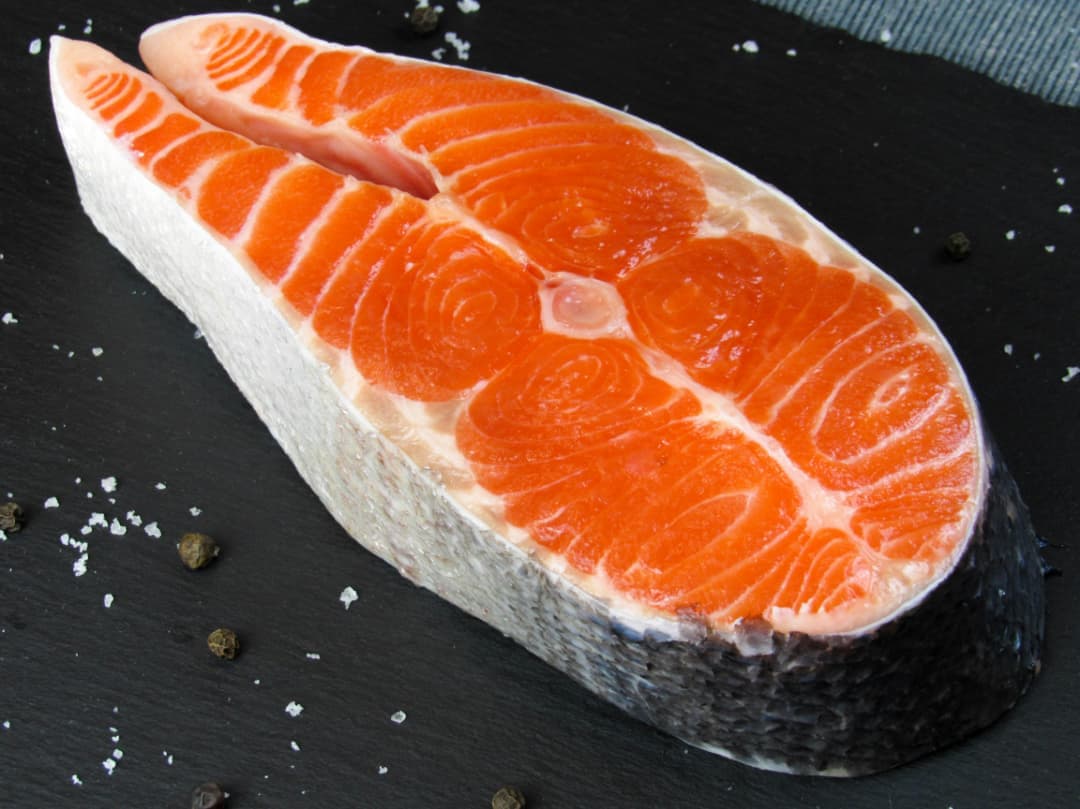
Why Your Salmon’s Color Might Be a Lie
Did you know that the beautiful pink salmon fillet on your plate might not be what you think it is? Here’s the shocking truth: farmed salmon isn’t naturally pink… it’s actually gray!
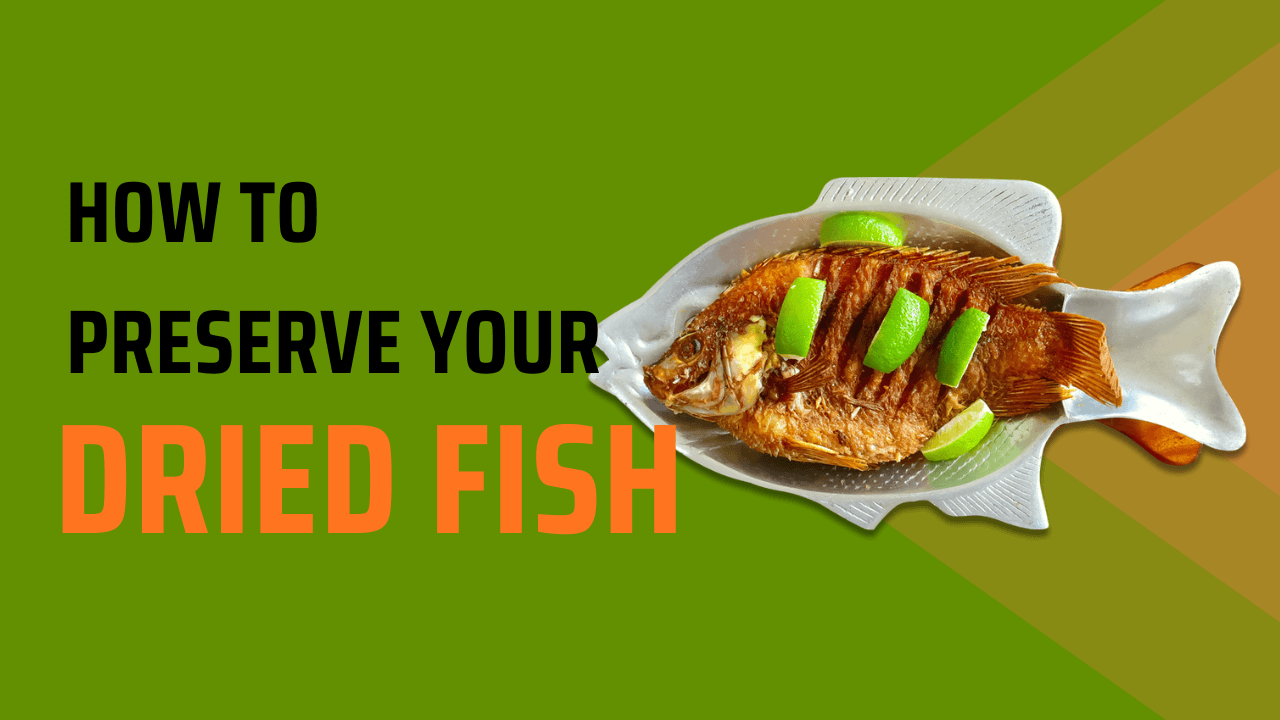
How to Preserve Dried Fish in All Weather Condition
This guide explains how to preserve dried fish effectively in dry, rainy, hot, and humid weather, using both traditional and modern methods that work in real-life environments.

The Power of Pumpkin Leaves (Ugu)
Ugu is a nutritional powerhouse. Widely used in soups, stews, and sauces, these deep green leaves are loved for their earthy taste, tender texture, and incredible health benefits.

Afripasspot Launches Restaurant Discovery Platform
Afripasspot is launching a powerful new integration designed to connect African restaurants with food lovers across the globe.

Most Foreigners Don’t Know What Real Yam Is
Did You Know Most People Outside Africa Don’t Know What Real Yam Is?
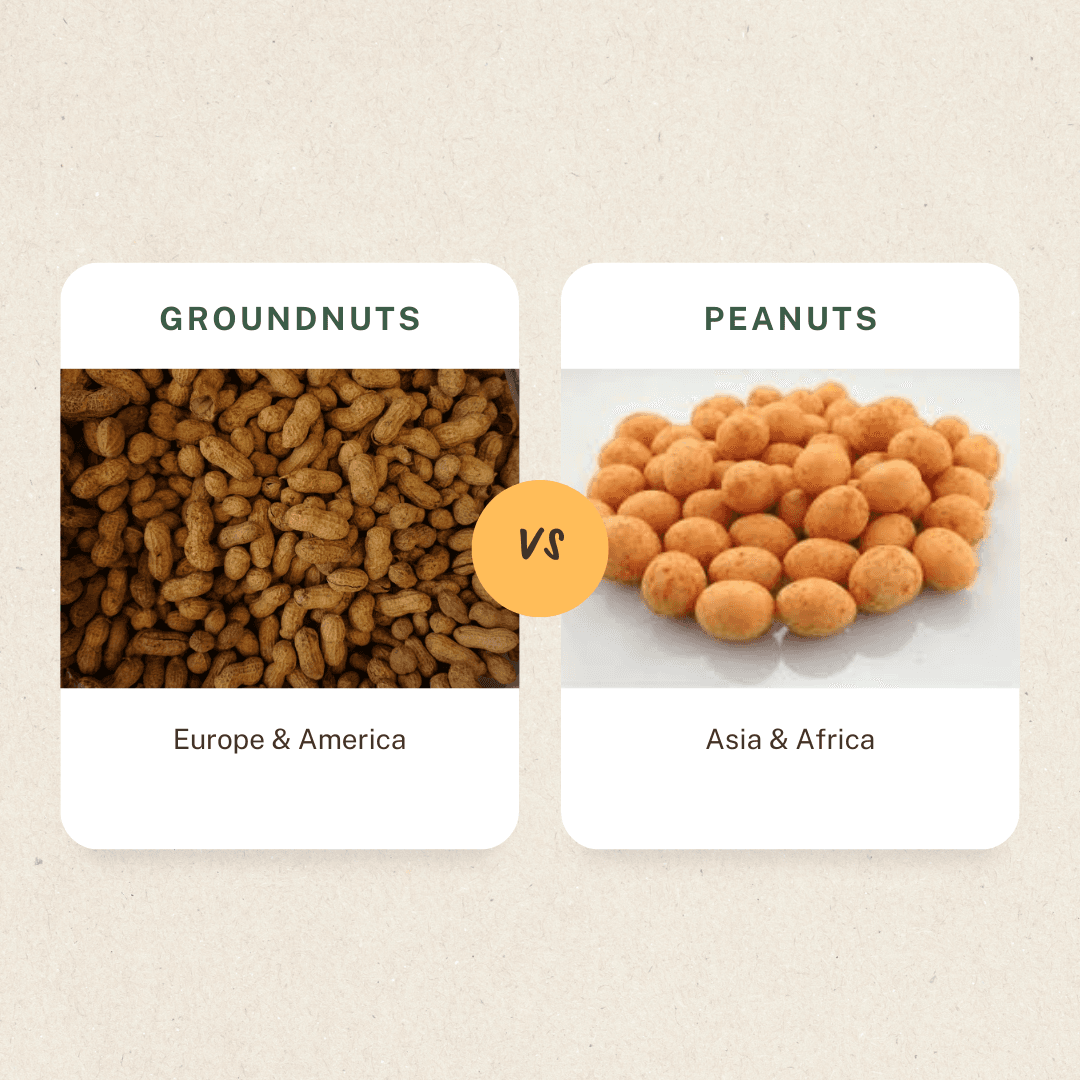
Groundnut or Peanut? A Snack and Legume Name Mixup
Globally, peanuts and groundnuts are actually the same plant. In Nigeria they are called groundnuts but in Europe they are called peanuts
← Swipe to see more →